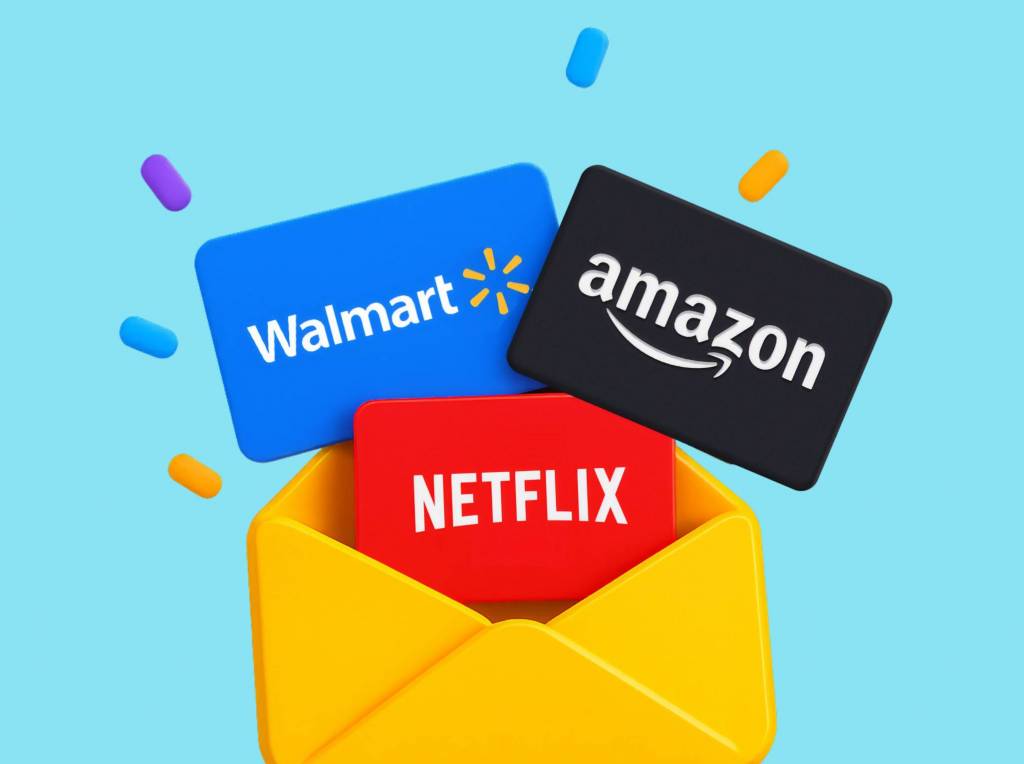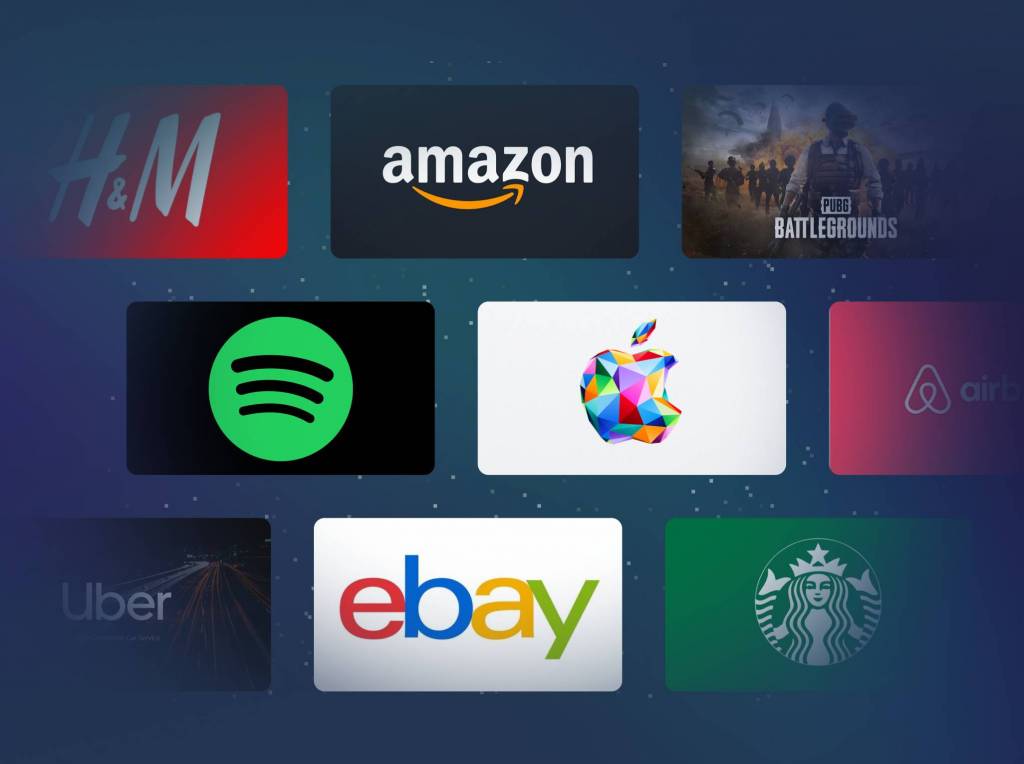Touted as the next big thing in tech, the metaverse is a constantly evolving space that will truly challenge marketers in years to come. To succeed in this new virtual world, businesses will need to deploy a metaverse marketing strategy that meets the demands of new generations of vast digital customers, especially by focusing on user-experience, digital product rewards and scalability.
Marketing strategies evolve and adapt as tech advances. And in recent years, the value of social media interactions have been predominant. The exchange of text, images, videos, and live conversations created a global social media network worth $192.950 billion — and potentially more in revenue for businesses.
The metaverse is now building on these existing social interactions, but with a holistic approach.
Taken to its ultimate destiny, the metaverse will integrate the digital world and physical reality, creating a “phygital” world that instigates a shift from content sharing to asset exchange and immersive experiences.
Here, combining marketing with the use of other new tech is also necessary. In the metaverse, users interact via digital 3D avatars, virtual and augmented reality, games, and blockchain platforms.
The metaverse can also be seen as the core foundation of Web3, the next level of web technologies, and marketing strategies must undergo both a paradigm and platform shift to adapt to all that Web3 holds.
Below we will jump into how a detailed metaverse marketing strategy can improve your business, let’s first take a brief look at what the metaverse as a whole means for brands today.
Marketing in the Metaverse: Why Businesses Should Build a Metaverse Brand
The metaverse is a community-driven and user-empowering collection of technology, comprising both virtual and augmented reality.
Recently, metaverse and virtual reality have attracted massive audiences and garnered the attention of global brands.
The following 6 facts present strong arguments for why businesses should start thinking of marketing themselves in the metaverse:
- Big tech is heavily involved in the metaverse: Tech giants propel metaverse technologies. Facebook quite famously rebranded as Meta to reflect a transition from social media to a parallel virtual world, in addition to investing over $10 billion in 2021. Microsoft made a $69 billion acquisition for Activision Blizzard, Epic a seperate $2 billion investment, all while Google, Nvidia, Unity Software, and other companies are investing big in the metaverse.
- Massive economic opportunity: Morgan Stanley estimates the metaverse as an $8 trillion opportunity. Venture capital firms are also investing in metaverse startups, showing that there is money to be made in this virtual world.
- The metaverse is gaining a lot of public attention: With over 29 million search results for ‘metaverse’, and frequent conversations on Twitter, Instagram, and LinkedIn, according to the Search Engine Journal, the public is becoming highly aware of the metaverse, creating a demand to tap into.
- In-game spending: According to Statista, consumers made in-game purchases of $54 billion in 2020. The value of in-game purchases is projected to surpass $74 billion by 2026, and gaming is an important subcomponent of the metaverse.
- Virtual reality market is growing: According to Statista, virtual reality revenues will hit $6.7 billion in 2022, and it will grow so rapidly that it will almost double to $12.19 billion by 2024. Virtual events also pull massive crowds, with 45.8 million people attending a 2020 Travis Scott event on Fortnite.
- Immersive and growing digital economy: The metaverse is propelled by a digital economy that includes assets such as Non-Fungible Tokens (NFTs), cryptocurrencies, airtime, and gift cards.
Experiences, Rewards, and Engagement: Marketing Strategies for Building Engaged Metaverse Audiences
Businesses that build engaged metaverse audiences early position themselves for boosted engagement and conversions in an increasingly competitive digital world.
Marketing tactics should thus focus on creating a brand and improving user experience, which can be done by focusing on virtual content marketing and rewards programs that offer products and services that can be used in the digital economy.
If your marketing team is exploring this space, you should consider employing a metaverse marketing strategy from the below list.
1. Create Metaverse Brand Assets
Web 2.0 has been focused on delivering engaging user experiences on social and digital platforms.
Traditionally, this meant your web and application interfaces and visual brand identities were designed to attract users and help them have seamless online experiences. Businesses thus focused on designing brand identities as the core strategy to stimulate interest and retain engagement.
In the metaverse, however, in order to continue competing and retaining attention businesses will need to go a step further by creating distinct metaverse brand assets to support their identities.
These assets will take the form of a number of new tech: Non-Fungible Tokens (NFTs), creator coins, unique badges for digital avatars, and AR filters are branding collaterals brands can create as a component of their marketing strategies.
2. Replicating Successful Strategies in the Virtual Environment
The metaverse might be new and intimidating, but plenty of our current rules will still work there – so businesses should continue to leverage what is already working. Search engine marketing (SEO), social media marketing, advertising, and content marketing can all be integrated into the metaverse.
These tactics will help ease existing customers into using the metaverse, thus helping boost the transition.
Additionally, existing marketing channels will begin to evolve into more immersive experiences, so building links between your current channels and the metaverse will pay off as the two worlds begin to integrate.
3. Creating Digital Assets from Products
Brands can create digital versions of physical products and sell them on the metaverse.
E-commerce and fashion brands particularly can benefit from this metaverse marketing strategy. Balenciaga, for instance, has started designing and selling virtual designer wear for the metaverse, according to Business Insider.
A Gucci Dionysus bag was also sold at an estimated price of $4,115 – a few dollars more than the physical bag – as an avatar accessory.
More businesses (many that we currently can hardly anticipate) will come to embrace this marketing strategy in years to come.
4. Airtime for Rewards in the Metaverse
Rewards help build communities, and metaverse rewards would accelerate the pooling of audiences around one’s business in the metaverse.
Offering airtime rewards are one of the best ways to incentivize audiences in emerging markets, and this kind of reward program would be significant for two reasons: first, airtime can be exchanged for cryptocurrency or money; and secondly, airtime can be used to purchase data bundles, which will be high in demand as virtual reality will spark the need for speedy and heavy data consumption.
[Interested in building an airtime rewards service? Contact our support team to learn how your business can easily and quickly integrate airtime software into any web or mobile app with a no-contract mobile airtime API.]
5. Virtual Reality and Gaming Gift Cards
Adding gift cards into your metaverse marketing strategy could help you attract a diverse and global audience.
Currently, gaming gift cards (such as Xbox, Nintendo, etc.) are highly effective tools for brands to connect with gamers. In the metaverse, the use of gaming gift cards will be in even higher demand.
Gift cards are seen as valuable for gamers because they help them make in-app purchases across brands in the virtual world, thus helping them stay even more engaged in the environment.
In the metaverse, virtual purchases and in-app purchases will be commonplace, and gift cards will not only help users enjoy virtual experiences but will also convert them into fervent brand advocates and digital economy participants.
[Gift cards are not only great marketing and branding assets, but they can also be profitable new revenue streams for companies. Learn more about how to easily integrate gift card software without any contract into your web or mobile app.]
6. Cryptocurrencies as Metaverse Rewards
The metaverse is hinged upon a variety of technologies, and blockchain and cryptocurrencies are certainly one of them.
Cryptocurrency will be a native currency of the metaverse.
Virtual product and event ticket purchases will be able to be made with cryptocurrencies, and offering crypto payment services and crypto rewards will be a great marketing strategy to onboard customers and build loyalty among crypto evangelists.
7. Create Immersive Live Environments
User experiences in the metaverse go beyond web or app interfaces.
With immersive experiences in virtual spaces, businesses can create live events environments as a virtual marketing asset.
Such environments or spaces can be interactive discussions or events, games, hangouts, or even concerts.
Prepare for a Transition into the Metaverse
The epicenter of engaged metaverse audiences is a combination of great experiences and incentives. Cryptocurrencies, gift cards and airtime as rewards are just a few ways that will incentivize audiences to engage with brands in the metaverse.
As you prepare to transition to the metaverse, the Reloadly customer support team is readily available to help show you how to build an engaged audience with metaverse rewards.



